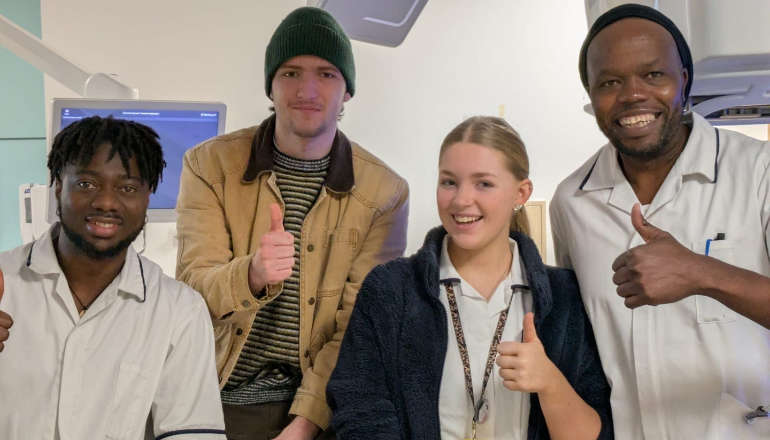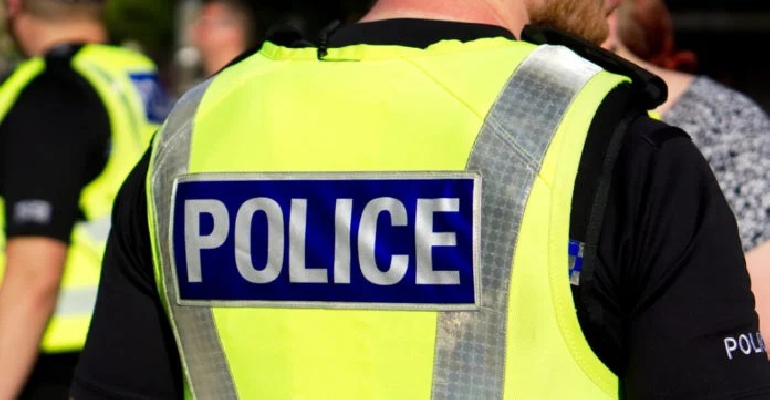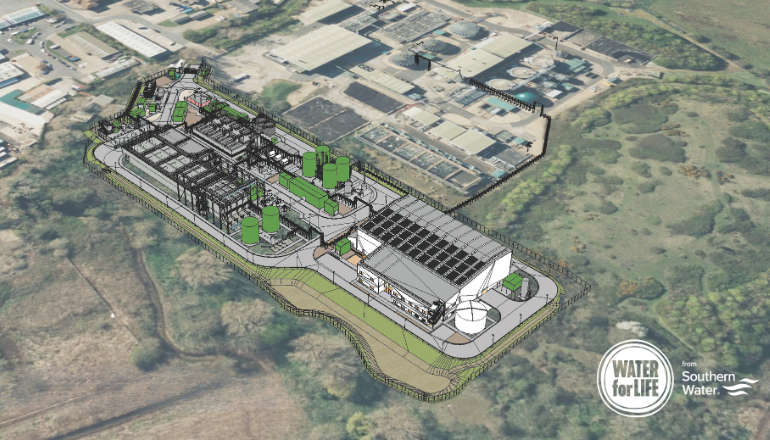It was almost spring, when the Gestapo came for them.
The Gronowskis had planned to escape through the back garden if the worst happened. But they were taken by surprise, sitting at the breakfast table sipping coffee and spreading jam on bread, when the doorbell rang.
"The door opened and two men shouted 'Gestapo. Papers'," recalls Simon, who was aged just 11. As the Nazis entered their small flat, his mother, Chana, and older sister, Ita, turned pale and started trembling. After examining Chana's ID card and passport, he confirmed her fears.
"You have been denounced," he said, curtly.
It was March 1943, almost three years into the Nazi occupation of Belgium. As Jews, the Gronowskis had left their home six months earlier and gone into hiding in a different part of their home city of Brussels. But the Nazi's secret police had tracked them down.
Just a child at the time, Simon had no clue his family were to be deported to Auschwitz-Birkenau - the notorious death camp where the Third Reich carried out mass murder with brutal efficiency.
As the soldiers shouted at them to pack their bags, Simon grabbed his beloved scout uniform and followed his family into the unknown. Pointing at her young son, Chana asked: "The little one too?".
"Yes," they replied. "The little one too."
After their arrest in Belgium, they were held in a former army barracks in the neighbouring city of Mechelen. This was was Belgium's only transit camp, a holding place for Jews and Romani before their deportation to the extermination camps.
The living conditions were wretched. A hundred men, women and children were crammed together in each room, forced to sleep on hay mattresses on rickety wooden bunks. Nobody knew what fate awaited them. The word "Auschwitz" was never mentioned, says Simon. "The Nazis told us that Jews must go away to work, in labour camps."
A month later, Simon and his mother were informed by the SS that they would be leaving the next day by train. Ita, briefly protected by the Belgian citizenship she had proudly claimed on her 16th birthday, wasn't on the list that day.
The next day, Simon and Chana were loaded on to one of 34 train wagons alongside 1,600 other prisoners. Nobody knew their final destination, they all thought they were going to work.
When the 11-year-old was escorted out of the barracks, he found himself standing "between two rows of soldiers all carrying rifles, leading right up to a train wagon which seemed enormous, as I was very small. I climbed in with my mother and 50 other people".
Inside the wagon, there was straw on the floor, no seats and barely any light inside. "I was still in my little world of cub scouts," says Simon. "I didn't know that I had been condemned to death and that this train was going to transport me to the place of my execution."
But this was one of the convoys which sent more than 25,000 Jews from Belgium to the death camps between 1942 and 1944.
Read more:
Auschwitz survivor fears the 'world hasn't learnt from WWII'
King to attend 80th anniversary of Auschwitz liberation
During the journey, the train came under attack from the Belgian Resistance. Three young fighters halted the train and managed to help people escape. Cowering in their carriage, Simon and his mother held their breath.
Once the train started moving again, the door of their carriage, possibly damaged in the raid, slid open. As others leapt down, his mother told him to follow.
Jumping down, Simon heard soldiers running in his direction, firing guns and shouting. When he dared to look back, he saw that soldiers had caught his mother before she could jump.
"I jumped from the train to obey my mother. If she had told me to stay then I'd have never left her side and I would have died with her in the gas chamber," says Simon. "I adored my mother. She sacrificed herself to ensure my escape.''
Terrified, Simon ran for his life. He spent the night in the woods before a local Belgian family gave him refuge. Eventually he was reunited with his father, Leon, who was in hospital at the time of their arrest having suffered a breakdown. On his release, he was sheltered by friends.
Three days later, Chana was dead. Murdered in the gas chambers at Auschwitz, the camp where the Third Reich perfected its methods of mass murder.
By the end of the Nazis' four and half years in control of the camp, they had killed more than a million people - the majority of whom were Jews.
Six months later, Simon's sister, Ita, also lost her life at Auschwitz.
On Monday, around 50 survivors will join an array of international dignitaries including King Charles, France's President Emmanuel Macron and Polish President Andrzej Duda to remember the day Soviet soldiers liberated the camp 80 years ago.
In total, an estimated 6 million lost their lives in the Holocaust, one of the greatest crimes in history. Today, Simon is concerned by what he sees as rising antisemitism and the growing popularity of far-right parties and populism in the US and Europe.
"I fight against the extreme right and antisemitism, because I was a victim of it. The extreme right is a pathway to hatred," he says.
America, the UK, Germany, France and the Netherlands are just some of the countries which reported a rise in antisemitic incidents in the year following the October 7 2023 attack.
A "disregard or disrespect for democracy" is fuelling the popularity of "antisemitism, racism and other forms of hostilities" in Europe, says Professor Stefanie Schuler-Springorum from the Centre for Research on Antisemitism in Berlin.
"We have to be on the alert," she warns.
The 80th anniversary of Auschwitz's liberation will be for some the final time they attend a major anniversary event and bear witness to the crimes committed.
It's for this reason, Simon wants to share his memories of the horror he witnessed.
"My mother gave me life twice. When I was born, and the day of my escape," he says. "I want young people to know about the cruelty of yesterday, to help defend our democracy today."
Siobhan Robbins reports from Auschwitz-Birkenau in Poland with Sophie Garratt, Europe news editor, and Serena Kutchinsky, assistant editor for premium content

(c) Sky News 2025: 'My mother sacrificed herself for me': Escape from the train of death

 Rachel Reeves says 'no stone should be left unturned' in Southport inquiry
Rachel Reeves says 'no stone should be left unturned' in Southport inquiry
 'It feels like we don't exist': The human cost of social care cuts
'It feels like we don't exist': The human cost of social care cuts
 Cat left on plane ends up taking three flights before reaching its destination
Cat left on plane ends up taking three flights before reaching its destination
 Tech companies 'risk another Southport' if extreme content isn't removed, warns home secretary
Tech companies 'risk another Southport' if extreme content isn't removed, warns home secretary
 Britain's biggest mortgage lender expects three interest rate cuts this year
Britain's biggest mortgage lender expects three interest rate cuts this year



 Isle Of Wight Schools Unite For Mufti Day To Support Local Teen Arlo
Isle Of Wight Schools Unite For Mufti Day To Support Local Teen Arlo
 Round The Island Race Entries Open
Round The Island Race Entries Open
 Investigation Underway After Sandown Pharmacy Break-In
Investigation Underway After Sandown Pharmacy Break-In
 Island Views Sought On New Water Recycling Project
Island Views Sought On New Water Recycling Project